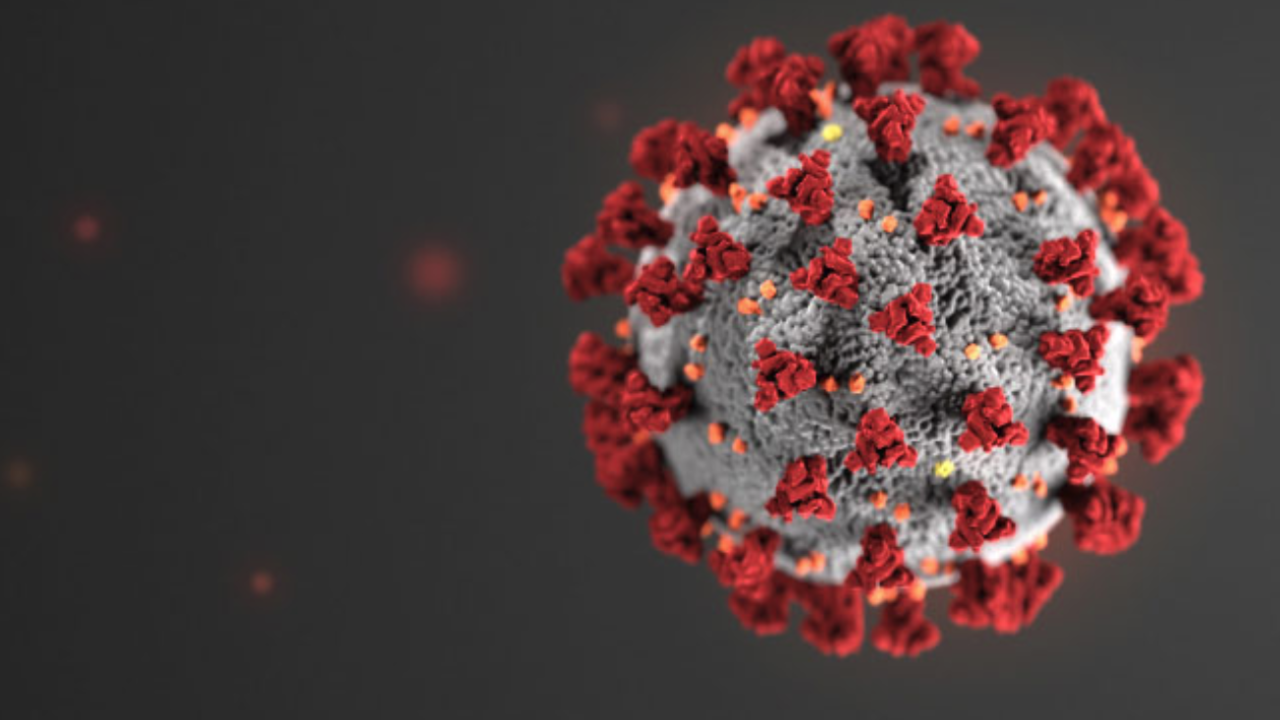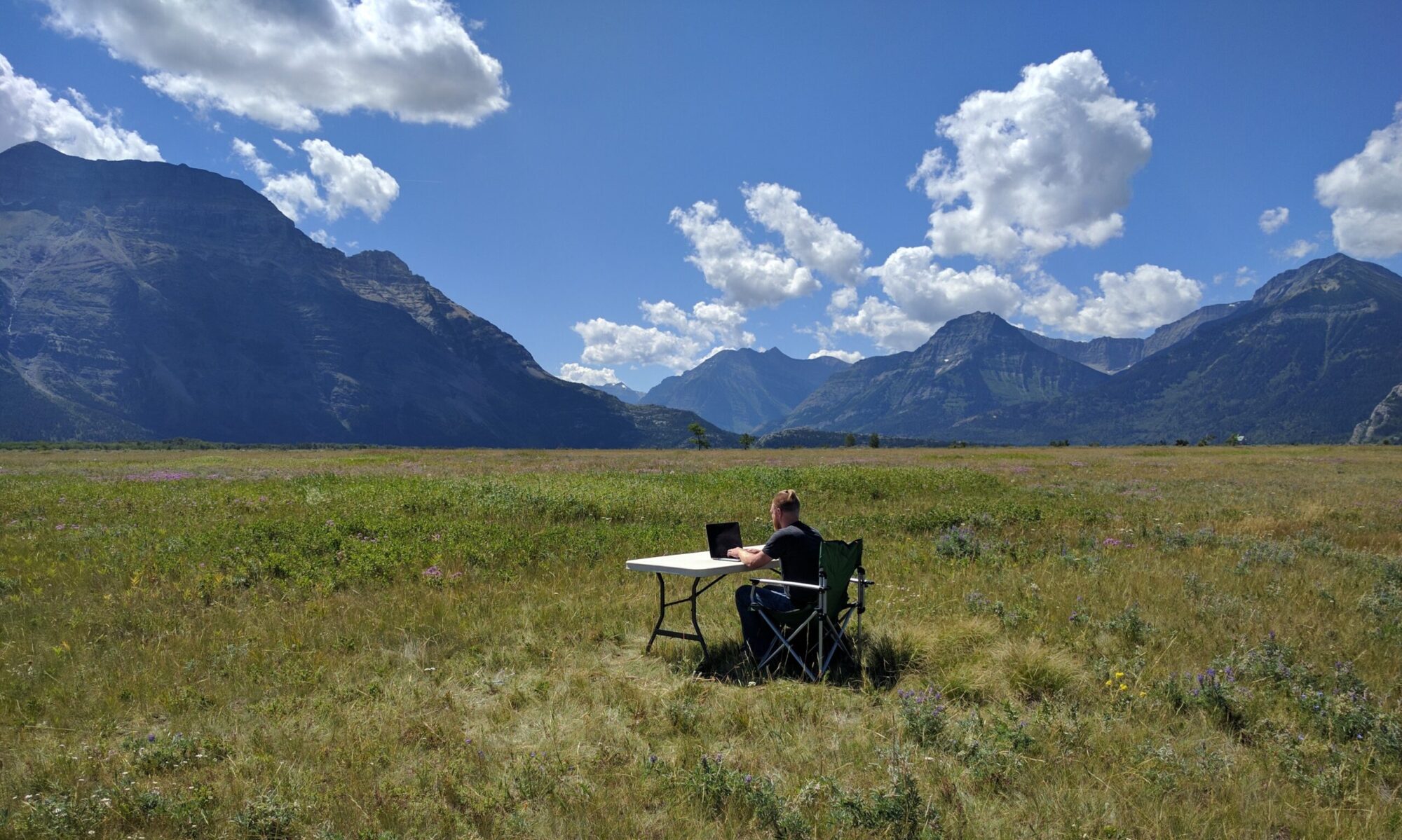At one of our outings, we talked with someone who seemed fairly interested in what we were doing, and then she told us that she was a reporter and asked if we’d be up for an interview for a story. So a couple of weeks later we had her over for a chat while she pressed record. Another week or so and we were on the Australian equivalent of NPR. Go have a listen, World schoolers put Central Victoria on their curriculum.
Anne-Marie Middlemast: Would you take your kids out of school? Hit the open road or buy some plane tickets and set off on an adventure with an unknown return date? Lots of families, do it so much so that it’s even got a name. It’s called world schooling, meet the world schooling wonder family, the Mullins.
Family: Hi, my name is Krista Mullins. I’m Evan Mullins from Atlanta, Georgia as well. We’ve got four kids. My name is Thatcher. I am 11 years old. My name is Levi and I’m eight years old. Hi, I’m Finn and I’m six. I’m Pepper and I’m four.
Anne-Marie Middlemast: In May this year, the family left, their home in Atlanta, Georgia to become citizens of the world with no fixed address.
Krista: We couldn’t not is what I tried to tell people. Is this has been a dream of ours for so many years. We got married very early during university and we finished and had the planned to join the peace corps in the United States, which is like a volunteer international service. We went to join and realized that I couldn’t join because I was Canadian. So So, that dream was just dashed and For a long time. You know, we were in the throes of Having babies and…
Evan: The dream of travel kind of is part of what brought us together and we had to just kind of put it aside and wait and yeah, i got busy with life and we’re like it wasn’t fulfilling us like we wanted it too. So
Anne-Marie Middlemast: With small steps, the family started to action, their dream taking road trips to Canada over the summers with the longest stint there, lasting six weeks.
Krista: It was a magical summer and we just thought If you have a job that allows you to work from anywhere, What are we doing? Like, why are we not? Going to go travel like, What if there were no strings attached.
Anne-Marie Middlemast: Evan is what’s known as a digital nomads. Meaning, he’s work is online. As long as his employer is agreeable. And he has an internet connection, he can work from anywhere. Fortunately, he found an employer who was happy for him to build websites from anywhere in the world. So the family decided to take the plunge, sell their house and begin their journey.
Evan: We had a neighbor down the street, put our house up on the market and we kind of just we were like we were thinking about this. We’re trying to figure out if we wanted to rent our house or sell our house. We just put a sign in the yard and someone bought her house. Just like less than a week.
Anne-Marie Middlemast: And what did your friends and family say about the decision?
Evan: It was a mixed bag. We had, we had good support, but we also had a lot of worrisome family and friends thinking we were off the deep end being crazy.
Anne-Marie Middlemast: The Mullins initially planned on traveling in an RV across america but unreliable internet, connections for evan’s work, proved challenging. With the yearning to go international, the family, stumbled upon the idea of house sitting. It essentially means free, accommodation anywhere in the world as long as the family can afford to fly there and find enough housesits to balance out the cost of the airfares.
Krista: So we sold our house, the end of May, and we did a road trip through the United States and up to canada. Like we do over the summers. And then we had a house sit in colorado, so we kind of went back down out west and then the family reunion and we left to Fiji. We went to Fiji first and lived with a village, like it’s not resort, Fiji, it’s like the real Fiji experience and we lived with the village on a tiny island. It was magical. It was seriously. So amazing. We spent just a week there.
Anne-Marie Middlemast: From fiji, the family found a two-month house seat in central victoria in the town of Castlemaine where they’ve been settling into the community.
Krista: Here in the Goldfields, we’ve done a lot of learning about gold mining and the gold rush era.
Evan: We’ve learned a lot about the different native animals of australia. We’ve taken quite a few trips to Melbourn, to go to the museum there a few museums. So we latched onto the idea, kind of a slow travel like If you go on vacation, you spend a week in volley and then you come home like you cram your week full of exciting things. But we’re like, let’s take it easy and go slower. Like part of our philosophy is to not be a tourist. We’re trying to just be travelers. We want to get to know cultures get to know different areas in the history of the area.
Krista: Live like the locals.
Evan: Right? So we’re trying to get to know like each place we are and just really a treat it like we live there.
Anne-Marie Middlemast: If you go online and search for world schooling, there’s a whole community offering tips on how to do it where to visit and families sharing their adventures of travel. I’m curious how the Mullins four children who were all under 11 are finding it.
Thatcher: My name is Thatcher. I am 11 years old and my favorite part of the trip we’ve been on is probably Fiji. Fiji was really, really fun. We didn’t have to do school that much, it was mostly play all day and eat, and, the end of the day, drink a little bit of Kava. Then play some more hide from so we didn’t have to go to bed.
Anne-Marie Middlemast: Each day while they’re away, Krista homeschools, the children in reading, writing in maths along with other subjects. I’m interested in her take on how the children have adapted to their global roaming.
Krista: They are having a blast, like the other day, we were surrounding table and you know, I always try to ask them how they’re feeling, how are they handling things? Because I know that not everything, we’re not seat, we won’t see everything that’s happening and they’re all happy, they’re really loving it. It was difficult at first, they really struggled leaving their friends and leaving… They didn’t struggle with losing all their toys. When we started selling everything, they took it like champs. I mean there were like a few stuffed animals that we just couldn’t part with. Um, a few things they asked to keep in storage. We have we do have a few boxes and storage and But they’ve done remarkably.
Evan: Well we’ve heard them say think like while we’re on a hike or how they’re like this is my favorite place in the world or like i’m so glad that we’re doing this they’re not our four-year-old just talking about different like She likes to look at the map and talk about where New Zealand is. And we’re australia, is where where we’re from, and just like, It’s really cool to see them, these citizens of the world. Instead of just Our own little neighborhood.
Anne-Marie Middlemast: What about some of the challenges that is? There’s a lot of beauty, I imagine in being free, but what are some of the challenges and some of the luxuries that you have had to perhaps do without it that you kind of miss?
Krista: It’s not always easy and it’s not. Roses and sunshine. Everywhere you go. Moving days are definitely the hardest. So the days when we’re traveling between places is Just really stressful on both of us and then we’re trying to manage the kids who are also feeling stressed.
Evan: One challenge maybe just trying to get into the community as much as we want to. The duration of our stay is dependent on the house. Sit. So I mean, we’ve been here in Castlemaine for two months. That we have a lot of other ones that are maybe only 10 days. So we’re trying to figure out how we’re going to get integrated with the community and i think surprisingly enough facebook has been a great resource that we can look for groups and join them. Then when we show up, what kind of know if you people already and we can jump right in, we’ve joined a homeschool group here. Surprisingly, it was a great timing when we actually showed up here because it was the beginning of term. So we signed up for a lot of, like, we signed up for soccer teams and circus class, and ballet class, and those been really great to just jump in.
Anne-Marie Middlemast: What’s this experience been like for the two of you as a couple?
Krista: It’s been really good. It’s been challenging too. Like i said, it’s not always happy. You know we’ve had to figure out how to navigate each other’s stresses you know. Like sometimes we’re just kind of at each other and we’re like, what is going on? And it’s like, okay, like talk about what stressing you like, tell me what year was going on inside your mind because it’s coming out like we’re angry at each other, but really, we’re just stressed. So we’ve had to work a lot on our communication.
Evan: You have that feeling when you leave home and go to college the like, you’re on your own and like you’re, you’re testing yourself, you’re proving yourself. I feel like we’re kind of doing that as a family now like we have left, the familiar, we’ve left home and we’re just wandering.
http://www.abc.net.au/radio/ballarat/programs/saturday-breakfast/world-schoolers/10250908





























































































